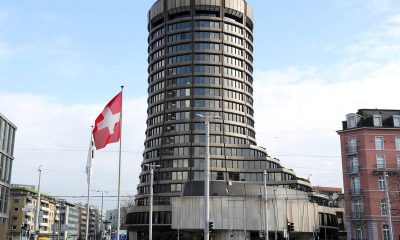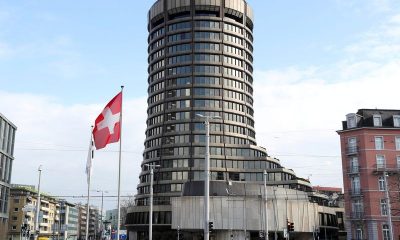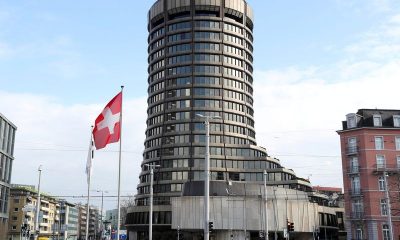Economy
Biden tries to flip skeptical Americans on his economic plan
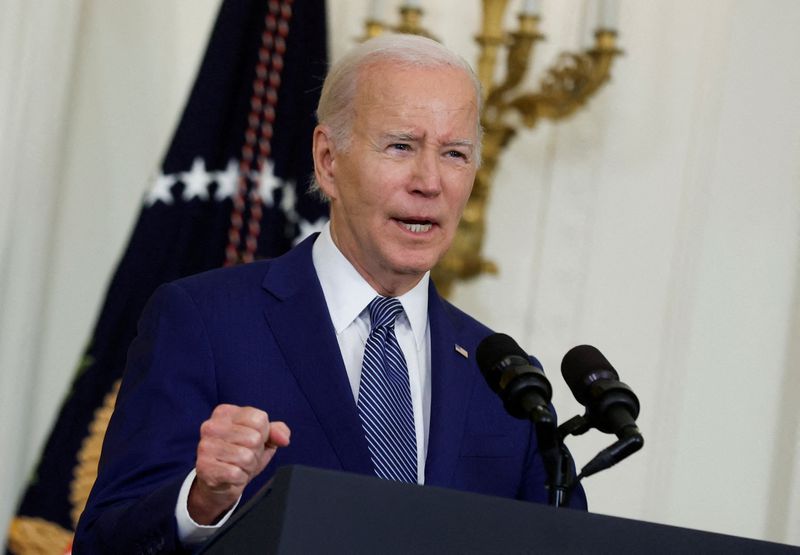
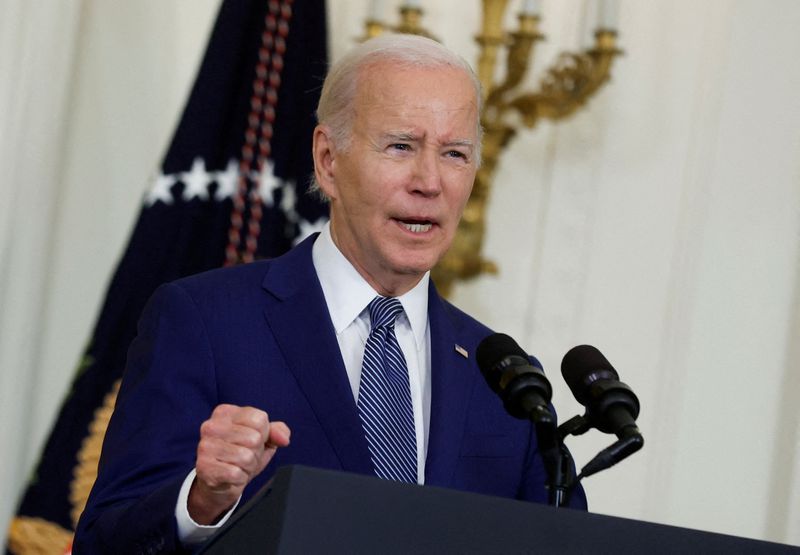
© Reuters. FILE PHOTO: U.S. President Joe Biden announces a $42.45 billion national grant program for high-speed internet infrastructure deployment called the Broadband Equity Access and Deployment (BEAD) program, at the White House in Washington, U.S., June 26, 202
By Trevor Hunnicutt
WASHINGTON (Reuters) – U.S. President Joe Biden will use what aides are billing as a major speech on Wednesday to lift Americans’ dour mood about the economy, hoping to shore up his key political weakness as he seeks re-election.
Biden, whose two-year term as president has witnessed a sharp rebound from the COVID-19 induced recession, has nonetheless watched his public approval ratings sag under the weight of voter anxieties about inflation and the knock-on effects of spiking interest rates on the direction of the economy.
The U.S. president will attempt to re-introduce his vision of middle-class American prosperity during a speech in Chicago.
The philosophy includes taxing the wealthy to invest in areas critical to national security, including semiconductors; educating workers; and improving economic competition, according to aides who previewed the speech for reporters.
More than half – 54% – of Americans disapprove of how Biden is handing his job, while just 35% of respondents approved of his stewardship of the economy, according to a Reuters/Ipsos poll conducted earlier this month. Voters rate the economy as their top issue.
The U.S. economy grew at a 1.3% annualized rate in the first quarter and unemployment was at 3.7% in May, when inflation rose at a 4% year-over-year rate.
White House aides see those inflation figures as elevated but headed in the right direction under Biden-backed policies designed to reduce deficit spending and lower costs on a range of products from insulin to concert tickets.
Federal Reserve officials have said they think they have “a long way to go” to get inflation back down to healthy levels and may need to raise borrowing costs more, which could cause a recession.
Aides are using the term “Bidenomics” to capture the Democratic president’s approach, drawing a contrast with the tax-cutting ethos once called “Reaganomics” for its affiliation with Republican former President Ronald Reagan, who left office in 1989.
“The president vowed to put in place a very different approach – (an) approach that grows the economy from the middle out and the bottom up,” said Lael Brainard, director of Biden’s National Economic Council.
Whether his message will break through is an open question. The summertime afternoon speech comes ahead of the July Fourth holiday, 16 months before voters head to the polls and as Republicans sort through a large field of possible candidates led by former President Donald Trump.
Biden’s last major address to the nation, a June 2 Oval Office speech trumpeting a bipartisan deal to end the debt limit crisis, drew an audience of just 6.2 million people and was only picked up by two of the major U.S. broadcast networks, according to research firm Nielsen.
Trump has made inflation a key element of his attacks on Biden in the early months of the race.
“Americans are worse off under Biden,” said Republican National Committee chairwoman Ronna McDaniel in a statement. “Prices continue to skyrocket, and hardworking Americans pay the price for failed ‘Bidenomics.'”
Biden, 80, is also expected to attend a fundraising event while he is in the Chicago area ahead of a deadline for federal fundraising records. He is not expected to face a serious fight for his party’s nomination.
Economy
Russian central bank says it needs months to make sure CPI falling before rate cuts -RBC


© Reuters. Russian Central Bank Governor Elvira Nabiullina attends a news conference in Moscow, Russia June 14, 2019. REUTERS/Shamil Zhumatov/File Photo
MOSCOW (Reuters) – Russia’s central bank will need two to three months to make sure that inflation is steadily declining before taking any decision on interest rate cuts, the bank’s governor Elvira Nabiullina told RBC media on Sunday.
The central bank raised its key interest rate by 100 basis points to 16% earlier in December, hiking for the fifth consecutive meeting in response to stubborn inflation, and suggested that its tightening cycle was nearly over.
Nabiullina said it was not yet clear when exactly the regulator would start cutting rates, however.
“We really need to make sure that inflation is steadily decreasing, that these are not one-off factors that can affect the rate of price growth in a particular month,” she said.
Nabiullina said the bank was taking into account a wide range of indicators but primarily those that “characterize the stability of inflation”.
“This will take two or three months or more – it depends on how much the wide range of indicators that characterize sustainable inflation declines,” she said.
The bank will next convene to set its benchmark rate on Feb. 16.
The governor also said the bank should have started monetary policy tightening earlier than in July, when it embarked on the rate-hiking cycle.
Economy
China identifies second set of projects in $140 billion spending plan


© Reuters. FILE PHOTO: Workers walk past an under-construction area with completed office towers in the background, in Shenzhen’s Qianhai new district, Guangdong province, China August 25, 2023. REUTERS/David Kirton/File Photo
SHANGHAI (Reuters) – China’s top planning body said on Saturday it had identified a second batch of public investment projects, including flood control and disaster relief programmes, under a bond issuance and investment plan announced in October to boost the economy.
With the latest tranche, China has now earmarked more than 800 billion yuan of its 1 trillion yuan ($140 billion) in additional government bond issuance in the fourth quarter, as it focuses on fiscal steps to shore up the flagging economy.
The National Development and Reform Commission (NDRC) said in a statement on Saturday it had identified 9,600 projects with planned investment of more than 560 billion yuan.
China’s economy, the world’s second largest, is struggling to regain its footing post-COVID-19 as policymakers grapple with tepid consumer demand, weak exports, falling foreign investment and a deepening real estate crisis.
The 1 trillion yuan in additional bond issuance will widen China’s 2023 budget deficit ratio to around 3.8 percent from 3 percent, the state-run Xinhua news agency has said.
“Construction of the projects will improve China’s flood control system, emergency response mechanism and disaster relief capabilities, and better protect people’s lives and property, so it is very significant,” the NDRC said.
The agency said it will coordinate with other government bodies to make sure that funds are allocated speedily for investment and that high standards of quality are maintained in project construction.
($1 = 7.1315 renminbi)
Economy
Russian central bank says it needs months to make sure CPI falling before rate cuts -RBC


© Reuters. Russian Central Bank Governor Elvira Nabiullina attends a news conference in Moscow, Russia June 14, 2019. REUTERS/Shamil Zhumatov/File Photo
MOSCOW (Reuters) – Russia’s central bank will need two to three months to make sure that inflation is steadily declining before taking any decision on interest rate cuts, the bank’s governor Elvira Nabiullina told RBC media on Sunday.
The central bank raised its key interest rate by 100 basis points to 16% earlier in December, hiking for the fifth consecutive meeting in response to stubborn inflation, and suggested that its tightening cycle was nearly over.
Nabiullina said it was not yet clear when exactly the regulator would start cutting rates, however.
“We really need to make sure that inflation is steadily decreasing, that these are not one-off factors that can affect the rate of price growth in a particular month,” she said.
Nabiullina said the bank was taking into account a wide range of indicators but primarily those that “characterize the stability of inflation”.
“This will take two or three months or more – it depends on how much the wide range of indicators that characterize sustainable inflation declines,” she said.
The bank will next convene to set its benchmark rate on Feb. 16.
The governor also said the bank should have started monetary policy tightening earlier than in July, when it embarked on the rate-hiking cycle.

 Forex3 years ago
Forex3 years agoForex Today: the dollar is gaining strength amid gloomy sentiment at the start of the Fed’s week

 Forex3 years ago
Forex3 years agoUnbiased review of Pocket Option broker

 Forex3 years ago
Forex3 years agoDollar to pound sterling exchange rate today: Pound plummeted to its lowest since 1985

 Forex3 years ago
Forex3 years agoHow is the Australian dollar doing today?

 Cryptocurrency3 years ago
Cryptocurrency3 years agoWhat happened in the crypto market – current events today

 World3 years ago
World3 years agoWhy are modern video games an art form?

 Commodities3 years ago
Commodities3 years agoCopper continues to fall in price on expectations of lower demand in China

 Economy3 years ago
Economy3 years agoCrude oil tankers double in price due to EU anti-Russian sanctions

